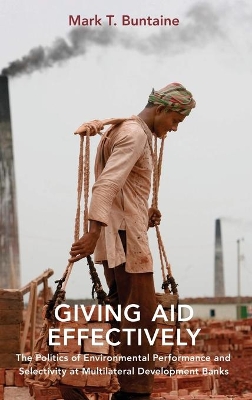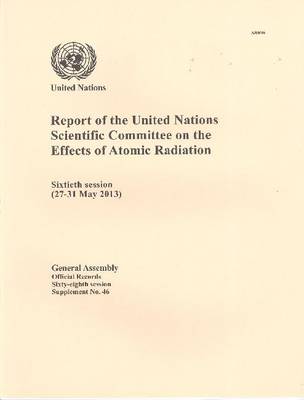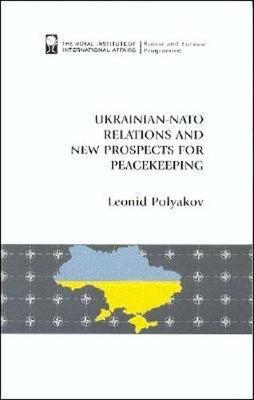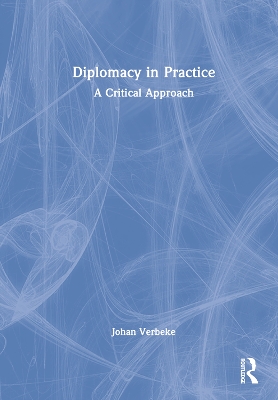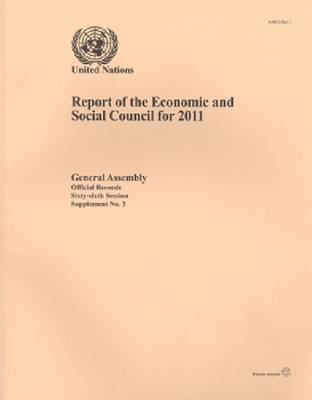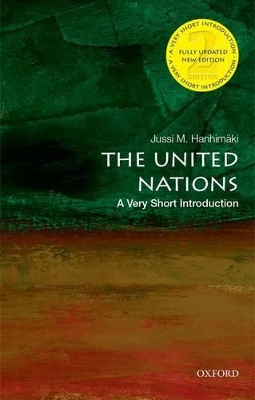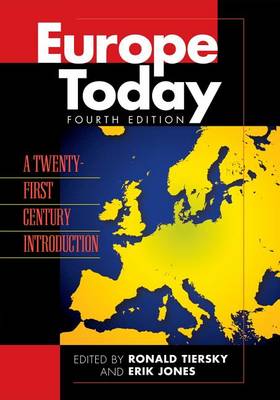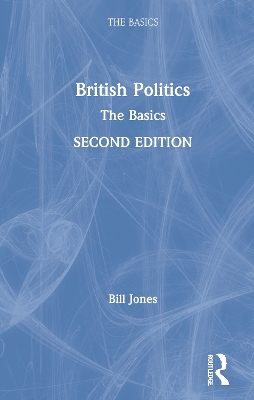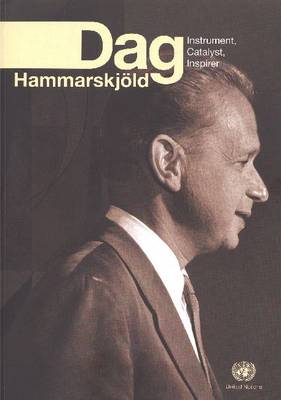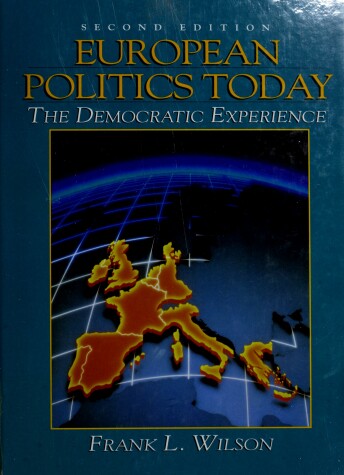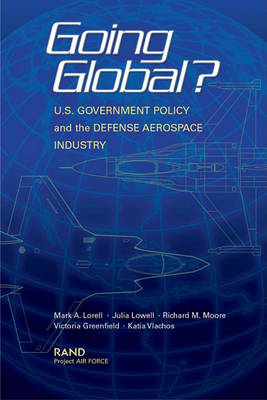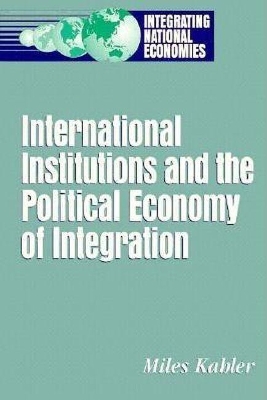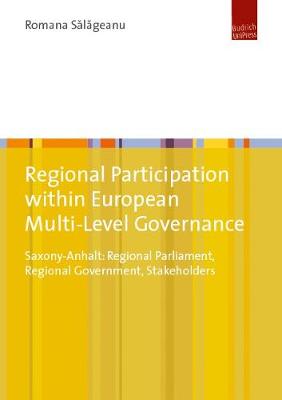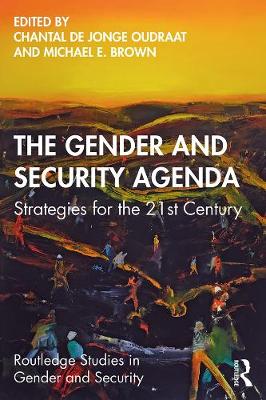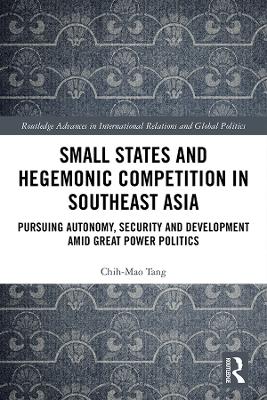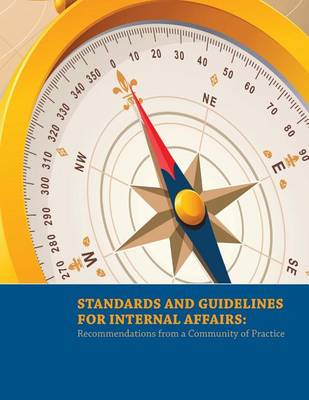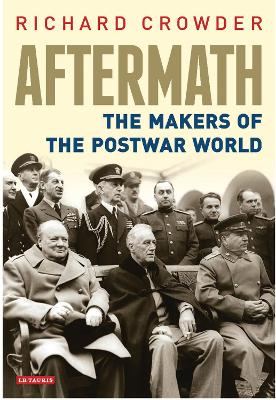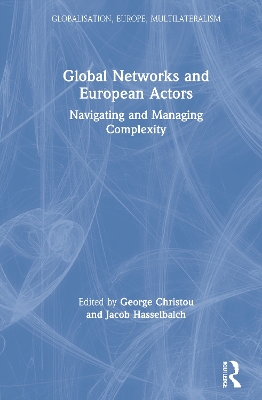International organizations do not always live up to the expectations and mandates of their member countries. One of the best examples of this gap is the environmental performance of multilateral development banks, which are tasked with allocating and managing approximately half of all development assistance worldwide. In the 1980s and 1990s, the multilateral development banks came under severe criticism for financing projects that caused extensive deforestation, polluted large urban areas, disp...
Since the establishment of the United Nations Scientific Committee on the Effects of Atomic Radiation by General Assembly resolution 913 (X) of 3 December 1955, the mandate of the Committee has been to undertake broad assessments of the sources of ionising radiation and its effects on human health and the environment. In pursuit of this mandate, this report presents the deliberations of the Committee at its Sixtieth session.
Ukrainian-NATO Relations and New Prospects for Peacekeeping
by Leonid Polyakov
Ukraine has an important and intensive program of cooperation with NATO under the Partnership for Peace (PfP) Program. Apart from Russia, it is the only participant in this program that has a separate treaty with NATO defining their cooperation. This agreement has expanded steadily since 1994, when Ukraine became the first CIS country to join the PfP. The relationship offers mutual benefits: NATO promotes Ukrainian defense reforms and Ukraine makes a significant contribution to NATO peacekeeping...
Rejecting the EU Constitution ?
This book informs students about the practice of modern diplomacy while simultaneously inviting them to critically reflect on it. The work introduces the world of diplomacy from a practitioner’s point of view. Rather than listening to what diplomats say they do, the book looks at what they actually do. Diplomacy is thus approached through the lenses of its manifold practices: from political analysis to policy-shaping, from conflict prevention over conflict-management to conflict-resolution. Ho...
Official Records of the Report of the Economic and Social Council for 2011
The United Nations: A Very Short Introduction (Very Short Introductions)
by Jussi M. Hanhimaki
After seven decades of existence has the UN become obsolete? Is it ripe for retirement? As Jussi Hanhimäki proves in the second edition of this Very Short Introduction, the answer is no. In the second decade of the twenty-first century the UN remains an indispensable organization that continues to save lives and improve the world as its founders hoped. Since its original publication in 2008, this 2nd edition includes more recent examples of the UN Security Council in action and peacekeeping effo...
Europe Today (Europe Today)
A fifth edition of this book is now available. This elegantly written and comprehensive book is the only text that combines a unified set of both country case studies with sustained analysis of the European Union. The contributors, an authoritative group of Americans and Europeans, explore the new Europe-west and east-using intertwining themes of domestic politics, European integration, and European security. In this fourth edition, all existing chapters have been thoroughly revised and updated,...
Fully updated and expanded, the second edition of this still compact text on British politics expertly analyses the major changes in British political life, placing them revealingly within the context of the evolution of British society from absolute monarchy to representative democracy. The author considers each of the major components of British politics in digestible chapters, such as the Monarchy and the House of Lords, the Commons, voting behaviour, parties and pressure groups, the prime m...
This book compiles selected speeches by former Secretary-General Dag Hammarksjeld that focus on the role of the United Nations, the place of the Secretary-General and the nature of the international civil servant. It is issued in commemoration of 50 years since the tragic death in a plane crash of Secretary-General Dag Hammarskjeld in September 1961.
Delivering on Promises (Chicago Series on International and Domestic Institutions)
by Lauren J. Peritz
A timely investigation into the conditions that make international agreements—and the institutions that enforce them—vulnerable. When do international institutions effectively promote economic cooperation among countries and help them resolve conflict? Although the international system lacks any central governing authority, states have created rules, particularly around international economic relations, and empowered international tribunals to enforce those rules. Just how successful are these...
This survey of contemporary European politics examines: the strengths and continuing challenges of democracy in Britain, France, Germany and Italy in the last decades of the 20th century, the new Europe emerging from the growth of the European Community and the challenges facing those who would build democracies in the "other" Europe. Issues considered include the meaning of sovereignty and the problems of West Eurpoean democracies at the time when many talk of a "triumph of democracy". New to t...
Going Global? U.S. Government Policy and the Defense Aerospace Industry
by Mark A. Lorell, Julia Lowell, and Richard M Moore
International Institutions and the Political Economy of Integration
by Miles Kahler
Dynamic changes in international institutions have been a striking feature of international politics in the post-cold war world. The General Agreement on Tariffs and Trade (GATT) has been transformed into the Word Trade Organization, the International Monetary Fund (IMF) and the World Bank have assumed new roles in the transitional economies of Eastern Europe and the former soviet Union, and regional arrangements have proliferated. With deepening economic integration, these institutions play an...
Regional Participation within European Multi-Level Governance
by Romana Salageanu
Why is there a regional participation of Saxony-Anhalt within the European Multi-Level Governance system? The author provides an account of the characteristics of European Multi-Level Governance (EMLG) and regional participation therein, by describing the EMLG and identifying its topics and categories of meaning for regional participation. She establishes the mechanisms responsible for regional participation, highlighting the patterns that emerge.
The Gender and Security Agenda (Routledge Studies in Gender and Security)
This book examines the gender dimensions of a wide array of national and international security challenges. The volume examines gender dynamics in ten issue areas in both the traditional and human security sub-fields: armed conflict, post-conflict, terrorism, military organizations, movement of people, development, environment, humanitarian emergencies, human rights, governance. The contributions show how gender affects security and how security problems affect gender issues. Each chapter als...
In the last few decades, Southeast Asia has become generally more peaceful and more prosperous, with progress in economic development, regional cooperation and integration. ASEAN in particular plays a leading role within and beyond the region in promoting multilateral cooperation in both security and economic matters. All these developments progress amid increasing hegemonic competition between the US and China for regional dominance in the Asia-Pacific region. According to the realist viewpoint...
Standards and Guidelines for Internal Affairs
by U S Department of Justice
In the decade between 1940 and 1950, the old world order collapsed, and a new one was created. Old European empires - France, Germany and the United Kingdom - receded, replaced by two new superpowers - the Soviet Union and the United States. Beyond Europe, a swath of new countries was created: India, Communist China, Israel and the modern Arab states, Indonesia, and the Koreas. But there were darker shadows too, cast by the onset of the Cold War: the failure to establish international cont...
Global Networks and European Actors (Globalisation, Europe, and Multilateralism)
This book examines the ability of the EU and European actor networks to coherently and effectively navigate, manage, and influence debates and policy on the international stage. It also questions whether increasing complexity across a range of critical global issues and networks has affected this ability. Engaging with the growing theoretical and conceptual literature on networks and complexity, the book provides a deeper understanding of how the European Union and European actors navigate wit...
Flexible Europe
by Richard Bellamy, Sandra Kroeger, and Marta Lorimer
The European Union (EU) is often portrayed as sacrificing national diversity for European unity. This book explores the alternative of a flexible EU based on differentiated rather than uniform integration. The authors combine normative theory with empirical research on political party actors to assess the desirability and political acceptability of differentiated integration as a means of accommodating heterogeneity in the EU. They examine the circumstances and institutional design needed for f...
